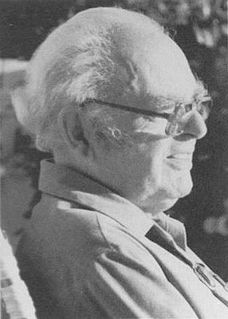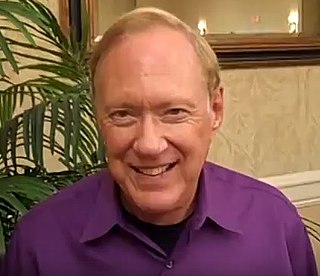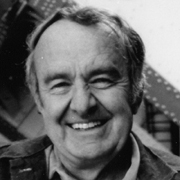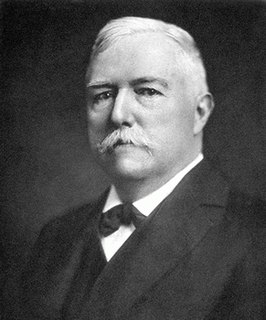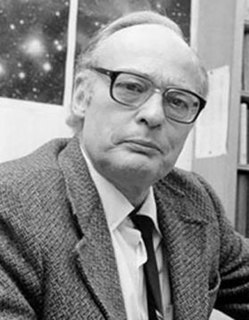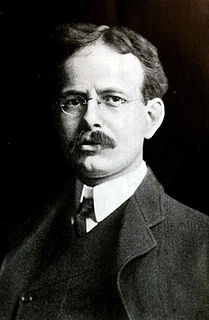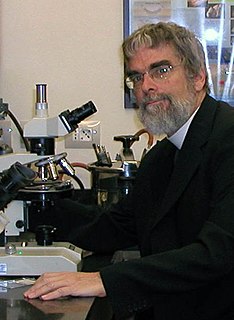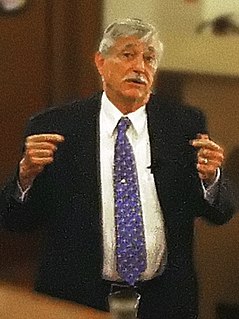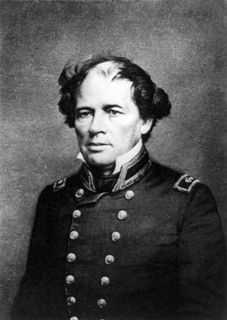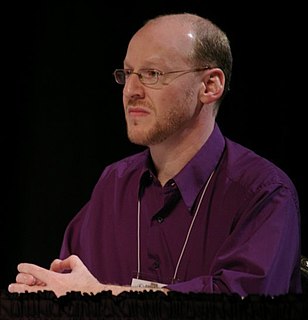A Quote by Bart Bok
For many years I have been a night watchman of the Milky Way galaxy.
Related Quotes
While the Copernican principle comes with no guarantees that it will forever guide us to cosmic truths, it's worked quite well so far: not only is Earth not in the center of the solar system, but the solar system is not in the center of the Milky Way galaxy, the Milky Way galaxy is not in the center of the universe, and it may come to pass that our universe is just one of many that comprise a multiverse. And in case you're one of those people who thinks that the edge may be a special place, we are not at the edge of anything either.
All of Japan once a year will get up on their rooftops, because that's the night that the shepherd boy from one side of the Milky Way gets to meet the weaver girl on the other side of the Milky Way. They all get up on their roofs and watch that night. So they long for 365 days and then on the 365th night, they see the result of that longing.
As the planet wobbles, once every 26,000 years we visually align with the center of the galaxy. But it's such a slow movement that as we enter the galactic equator (The band of stars in the sky - The Milky Way), it takes 18 years to get to the middle of it, and another 18 to exit it. So astronomically, "The 2012 experience" is a 36 year alignment process, not something that happens on Dec 21, 2012.
Now, almost one hundred years later, it is difficult to fully appreciate how much our picture of the universe has changed in the span of a single human lifetime. As far as the scientific community in 1917 was concerned, the universe was static and eternal, and consisted of a one single galaxy, our Milky Way, surrounded by vast, infinite, dark, and empty space. This is, after all, what you would guess by looking up at the night sky with your eyes, or with a small telescope, and at the time there was little reason to suspect otherwise.
There is a point of view among astronomical researchers that is generally referred to as the Principle of Mediocrity. ... If the Sun and its retinue of worlds is only one system among many, then many other systems will be like ours: home to life. Indeed, to the extent that this is true, we should be prepared for the possibility that, even in the Milky Way galaxy, billions of planets may be carpeted by the dirty, nasty business known as life.
